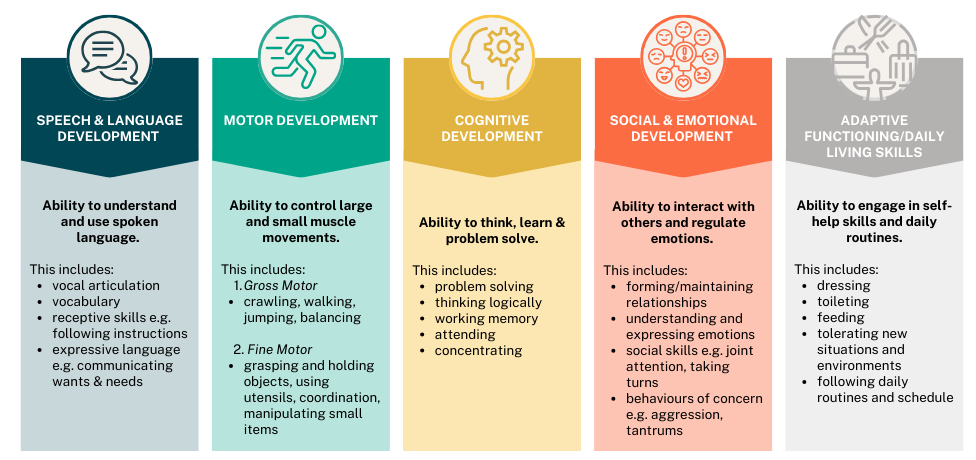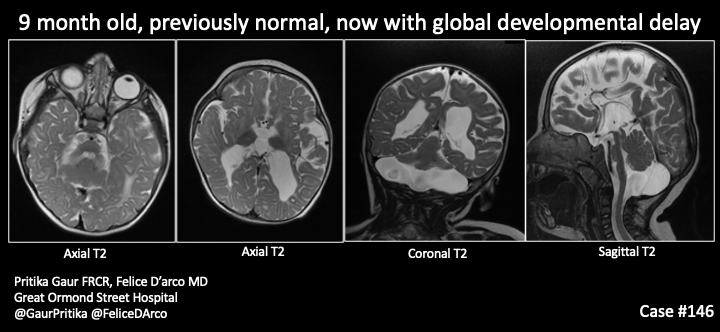
Dr Sathiya Ganesan’s
Every child’s journey is unique — with the right care, every step forward becomes a celebration of hope.
Early childhood is a time of rapid growth — in movement, speech, thinking, and social skills. When these milestones are delayed across multiple areas, early intervention can make a life-changing difference.
At Dr. Sathiya Ganesan’s Child and Adolescent Psychiatry Center, we are committed to identifying, supporting, and empowering every child with Global Developmental Delay (GDD) to reach their fullest potential.
Understanding Global Developmental Delay
Small Steps Today. Great Leaps Tomorrow.

Global Developmental Delay (GDD) refers to significant delays in two or more developmental domains in young children (usually under 5 years old), such as:
- Gross or fine motor skills
- Speech and language skills
- Cognitive abilities
- Social and emotional development
- Activities of daily living
GDD is often the earliest sign that a child may need additional support. With early and comprehensive intervention, many children can make remarkable progress in their development.
Common Signs of Global Developmental Delay

Children with GDD may show:
- Delayed sitting, crawling, walking, or fine motor milestones
- Delayed speaking or difficulty understanding language
- Poor problem-solving or learning abilities
- Limited social engagement or difficulty playing with peers
- Problems with self-care tasks appropriate for age (feeding, dressing)
- Challenges in adapting to new environments or routines
Recognizing these early and starting intervention is crucial for maximizing developmental potential.
Building Foundations for Growth: Our Comprehensive Global Developmental Delay Care
Comprehensive, Child-Centred Evaluation
Accurate diagnosis begins with an in-depth, multidisciplinary evaluation. Dr. Sathiya Ganesan conducts:
- Clinical developmental assessments
- Cognitive testing
- Speech and language evaluations
- Motor skill evaluations
- Behavioral observations
- Genetic and neurological referrals when necessary
The focus is not just on identifying delays but understanding each child’s individual strengths and needs.
Guiding Families with Knowledge and Heart
Receiving a diagnosis of GDD can be overwhelming for families. Dr. Sathiya Ganesan provides compassionate counseling, helping parents understand the nature of the delay, what to expect, and how to play a central role in their child’s progress. Family empowerment is at the heart of our care model.
Building Foundations for Growth: Our Comprehensive Global Developmental Delay Care
Our interventions are tailored to nurture development across all domains:
- Speech and Language Therapy to enhance communication
- Occupational Therapy to improve fine motor skills and self-help abilities
- Physical Therapy to develop strength, balance, and gross motor skills
- Special Education Services for cognitive and academic development
- Social Skills Training to foster emotional and peer relationships
- Parental Coaching Programs to extend progress into the home environment
Each therapy plan is child-specific, goal-oriented, and designed to celebrate every achievement.
Thoughtful Medication Management When Needed
GDD itself is not treated with medication. However, if children have associated challenges like severe hyperactivity, behavioral difficulties, seizures, or sleep disturbances, medications may be thoughtfully considered under close supervision by Dr. Sathiya Ganesan.
Creating Development-Friendly Environments
We work with families and schools to create structured, nurturing environments that stimulate learning, emotional security, and independence. Consistent routines, sensory-friendly setups, and positive reinforcement are key strategies we recommend.
Integrated Care for Associated Medical and Behavioural Challenges
GDD often coexists with medical issues (e.g., epilepsy, genetic syndromes) or neurodevelopmental conditions (e.g., Autism Spectrum Disorder, ADHD). Dr. Sathiya Ganesan provides integrated management, ensuring every aspect of the child’s well-being is addressed holistically.
Key Highlights of Our Global Developmental Delay Care
At Dr. Sathiya Ganesan’s Centre, we offer:
- Early Identification and Detailed Developmental Assessment
- Individualized, Multi-Therapy Intervention Programs
- Parent Training and Emotional Support
- Seamless Coordination with Pediatric Specialists and Therapists
- Focus on Achievable, Real-Life Skills Development
- Commitment to Long-Term Growth and Inclusion
We nurture the seeds of growth early — so that tomorrow’s dreams can take root today.

Why Choose Dr. Sathiya Ganesan?
- Expertise in Early Childhood Developmental Disorders
- Child-Centered, Hope-Focused Approach
- Evidence-Based, Comprehensive Care Models
- Strong Family Collaboration and Empowerment
- Long-Term Vision for Growth, Independence, and Happiness
Ready to Begin the Healing Journey?
With early recognition, specialised therapies, and a loving support system, children with Global Developmental Delay can achieve milestones once thought unreachable. At Dr. Sathiya Ganesan’s Child and Adolescent Psychiatry Centre, we are dedicated to unlocking every child’s potential — one step, one word, and one achievement at a time.
At what age can Global Developmental Delay be diagnosed?
GDD is typically diagnosed before the age of 5 when delays in multiple developmental domains are evident.
Is Global Developmental Delay the same as Intellectual Disability?
No. GDD refers to delays in early childhood development. Intellectual Disability is diagnosed after 5 years if significant delays continue across intellectual and adaptive functioning.
Can children with GDD catch up with peers?
Some children with mild GDD can catch up partially or completely with early intervention. Others may continue to require support.
What therapies are most helpful for GDD?
A combination of Speech Therapy, Occupational Therapy, Physical Therapy, and Special Education Services tailored to the child’s unique needs is most effective.
Are medications used to treat GDD?
Medications are used only if there are associated issues such as severe hyperactivity, behavioral challenges, or seizures.
How can parents help a child with GDD at home?
Engaging in structured play, encouraging self-help skills, using clear and simple communication, maintaining routines, and celebrating every small achievement are vital ways to support development.


